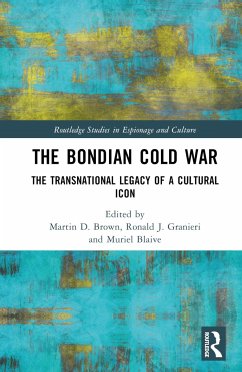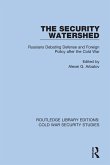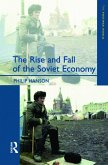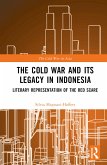James Bond, Ian Fleming's irrepressible and ubiquitous 'spy,' is often understood as a Cold Warrior, but James Bond's Cold War diverged from the actual global conflict in subtle but significant ways.
That tension between the real and fictional provides perspectives into Cold War culture transcending ideological and geopolitical divides. The Bondiverse is complex and multi-textual, including novels, films, video games, and even a comic strip, and has also inspired an array of homages, copies, and competitors. Awareness of its rich possibilities only becomes apparent through a multi-disciplinary lens.
The desire to consider current trends in Bondian studies inspired a conference entitled 'The Bondian Cold War,' convened at Tallinn University, Estonia in June 2019. Conference participants, drawn from three continents and multiple disciplines - film studies, history, intelligence studies, and literature, as well as intelligence practitioners - offered papers on the literary and cinematic aspects of the 'spy', discussed fact versus fiction in the Bond canon, went in search of a global Bond, and pondered gender and sexuality across the Bondiverse.
This volume of essays inspired by that conference, suitable for students, researchers, and anyone interested in Cold War culture, makes vital contributions to understanding Bond as a global phenomenon, across traditional divisions of East and West, and beyond the end of the Cold War from which he emerged.
That tension between the real and fictional provides perspectives into Cold War culture transcending ideological and geopolitical divides. The Bondiverse is complex and multi-textual, including novels, films, video games, and even a comic strip, and has also inspired an array of homages, copies, and competitors. Awareness of its rich possibilities only becomes apparent through a multi-disciplinary lens.
The desire to consider current trends in Bondian studies inspired a conference entitled 'The Bondian Cold War,' convened at Tallinn University, Estonia in June 2019. Conference participants, drawn from three continents and multiple disciplines - film studies, history, intelligence studies, and literature, as well as intelligence practitioners - offered papers on the literary and cinematic aspects of the 'spy', discussed fact versus fiction in the Bond canon, went in search of a global Bond, and pondered gender and sexuality across the Bondiverse.
This volume of essays inspired by that conference, suitable for students, researchers, and anyone interested in Cold War culture, makes vital contributions to understanding Bond as a global phenomenon, across traditional divisions of East and West, and beyond the end of the Cold War from which he emerged.








